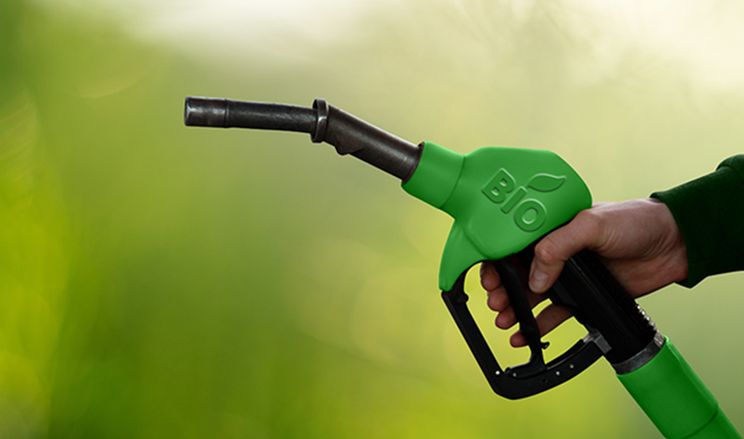Brazil raises mandatory levels of ethanol and biodiesel

Brazil’s National Energy Policy Council (CNPE) on Wednesday approved an increase in the level of biofuels blended with fossil fuels, a move welcomed by renewable energy advocates after the government hinted earlier this year that the percentages would not be changed.
Starting Aug. 1, the share of ethanol blended with gasoline will increase from 27% to 30%, while the amount of biodiesel in diesel will increase from 14% to 15%, Pietro Mendes, secretary of oil and gas at the Energy Ministry, said at an event announcing the changes.
Earlier this year, CNPE decided to keep the biodiesel blend at 14% over concerns that the proposed increases could lead to higher food prices and hurt the government’s approval ratings, sparking controversy from industry groups.
In March, Brazil’s Ministry of Mines and Energy said an increase in the proportion of ethanol blended into gasoline from 27% to 30% was supported by tests showing “stable performance” and “real environmental benefits.”
“We see Brazil increasingly becoming a world leader in decarbonization,” Daniel Amaral, director of economics and regulation at soybean group Abiove, told Reuters. About 70% of Brazil’s biodiesel is made from soybeans.
Aprobio, which represents biofuel producers, said in a statement that the decision was fundamental to reducing dependence on petroleum products.
“The development of biodiesel is of strategic importance for national energy security, especially in the context of recent geopolitical instability such as the conflicts in Ukraine and the Middle East,” biodiesel producer Grupo Potencial said in a statement.
Biofuels such as ethanol and biodiesel play an important role in decarbonizing the global transport sector and reducing greenhouse gas emissions from burning non-renewable fuels, according to the International Energy Agency.
Petrobras welcomes new biofuel regulations in Brazil, says chief
Brazil’s move to increase the level of biofuels blended with fossil fuels in the country is positive and could lead to a reduction in gasoline imports, William Franca, head of industrial processes at state oil giant Petrobras PETR4.SA, said on Wednesday.
“The new regulations are in line with Petrobras’ initiatives on biofuels and ethanol… and are great news for Brazilian consumers,” Franca told Reuters.
Read also
Black Sea Export Strategies Within the Pressure of the Global Food Market
EU Crop Protection Rules Could Reshape Ukrainian Agriculture Profitability
Jordan purchased 50 thsd tons of barley at tender
Soybean prices in Ukraine continue to rise, but Chicago quotes have already stabil...
US intends to raise global import tariffs to 15% this week – Bessent
Write to us
Our manager will contact you soon



